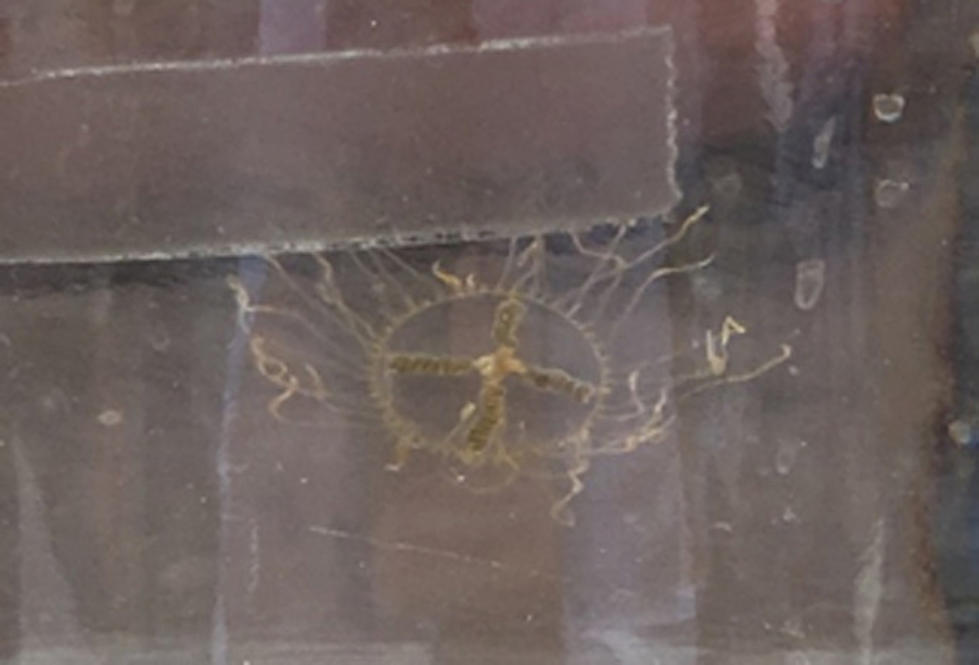
NJ searching waters for tiny but dangerous jellyfish
The threat to New Jersey didn't even exist as recently as 2015.
But the state already has its eyes this spring on bodies of water where a non-native species of jellyfish, with a sting likened to getting whopped with a hot iron, has reared its head over the past few years.
New Jersey's one of the newest homes for the clinging jellyfish, a species native to the Pacific Ocean. The transparent, tiny jellyfish — about the size of a dime or nickel — have been in the U.S since the late 1800s, but weren't spotted in Garden State waters until 2016 when they were discovered in the Manasquan and Shrewsbury rivers. In 2018, the invasive species was spotted in northern and central Barnegat Bay.
"They're a species of interest because they can deliver a very painful sting. One that's not fatal but can require hospitalization," said Joe Bilinski, research scientist with the state Department of Environmental Protection.
The state's been engaged with Montclair State University since 2016 to monitor and study clinging jellyfish. Crews hit Barnegat Bay and affected rivers two weeks ago to start looking for the jellyfish, which are attracted to backbay habitats with dense eelgrass or macroalgae.
Clinging jellyfish wouldn't be found in ocean waters, due to the high velocity of the surf and the water's high salinity.
"It hasn't been well studied as to how these jellyfish have gotten here," Bilinski said. "One thing we do know is that they have to be transported in some way."
Once stung, a person's symptoms can become severe after 20 to 30 minutes. Bilinski said the sting has been compared to that of a wasp, or even "being hit with a hot iron."
"There have been no fatalities ever reported for this species, just severe pain," he said. "And for some people they require hospitalization just because the cramping and the pain is so severe, and that could be two to three days."
What to do if stung by a clinging jellyfish (according to recent literature):
- Apply white vinegar to the affected area to immobilize any remaining stinging cells.
- Rinse the area with salt water and remove remaining tentacle materials using gloves or a thick towel.
- A hot compress or cold pack can then be applied to alleviate pain.
- If symptoms persist or pain increases, seek prompt medical attention.
More from New Jersey 101.5:
Contact reporter Dino Flammia at dino.flammia@townsquaremedia.com.
More From New Jersey 101.5 FM









